Graduate Alumni
Calling All CCB Graduate Alumni . . .
In the interest of communicating better with you, we are working to create a graduate alumni database with up-to-date contact and career information. Please rest assured we will not send you millions of emails. We just want to have a way to share news with you directly and help you stay connected with the department, including opportunities to network, recruit and more.
We invite all alumni complete the CCB Graduate Alumni Survey
In addition to our alumni testimonials, please feel free to watch our series of videos of past program members who speak to their experiences in the program.
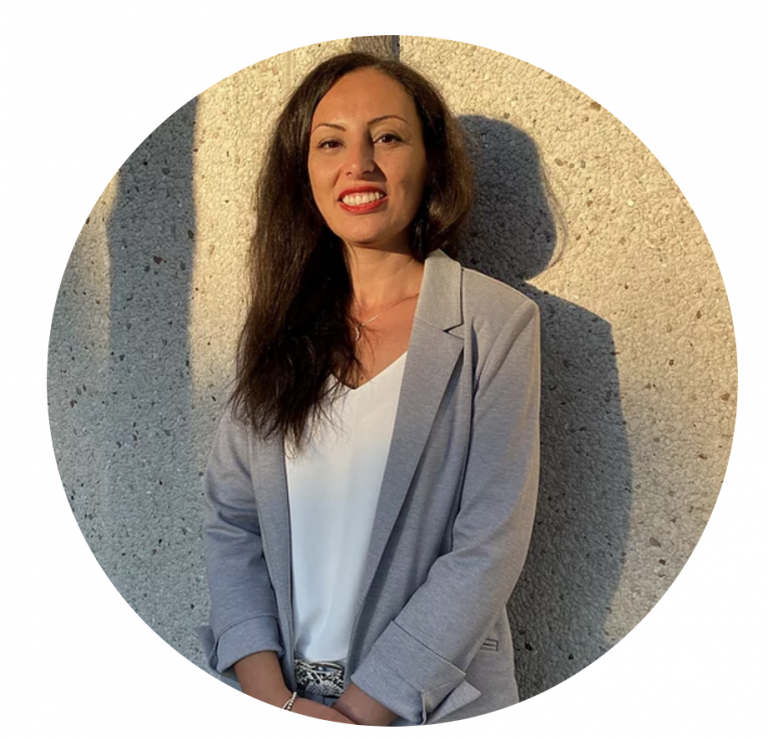
Ph.D. in Chemical Biology, 2020
“The Chemical Biology Graduate Program at McMaster University offers exactly what I was
searching for and beyond. The program is remarkably situated at the interface between
fundamental research and clinical medicine for the advancement of human health using state-of-the-art technologies.
The strong multidisciplinary that was available through the program during the four years of
my Ph.D. has been quite unique, where I have been involved in several interdisciplinary projects
across different departments within chemistry, epidemiology, kinesiology, nutrition, and vascular
surgery. On top of that, the friendly environment at McMaster is like no other. People
are very supportive and labs are collaboratively and synergistically working together.
One of the take-home lessons from the Chemical Biology graduate program is that any doors can open wide and ideas can turn into a reality with adequate proactivity and perseverance.
Moving on to the next step of my career, I now transition as a postdoctoral fellow at the
Department of Medicine at McMaster, where I will be investigating the metabolic syndrome in
children using metabolomics and advanced statistical modeling for prediction. Thanks to my
doctorate training within the program, I feel well-equipped with a combination of expertise in
analytical chemistry, biostatistics, clinical study design, nutritional epidemiology, molecular
biology, and metabolomics.”
Dr. Sandi Azab
August 2020
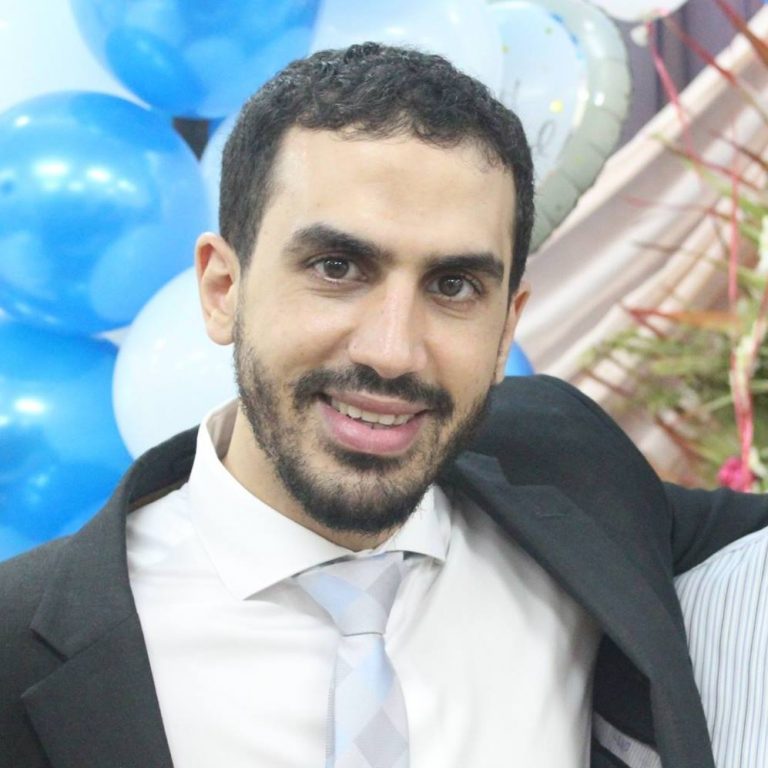
M.Sc. in Chemical Biology. 2014
“I have earned a master’s degree from the Chemical Biology program at McMaster University. I am currently a postdoctoral research fellow at Massachusetts General Hospital and Harvard Medical School.
During my master’s studies at McMaster, I learned the fundamentals of academic research. I developed valuable critical thinking and problem-solving skills that helped me throughout the rest of my graduate research. The most important ‘take-home lessons’ that I learned from the Chem-Bio program were:
1. How to be critical of the literature and understand its impact on the field.
2. How to design and conduct well-controlled scientific experiments.
I learned how to think critically, propose a hypothesis, and test in an unbiased manner. My supervisor invests much time teaching his students, and that, in turn, makes you a better scientist. I was also lucky to publish two first author articles during my Master’s studies.
The great academic environment in the McMaster Chemical Biology program has enabled me to show a track of record of academic productivity and develop a unique set of analytical skills. Without these skills and publications, I wouldn’t have been able to secure any of my previous or current academic positions.
My current postdoctoral research focuses on restoring neuronal network dysfunction in preclinical animal models of Alzheimer’s disease. To achieve this goal, our laboratory employs state-of-the-art technology such as multi-photon microscopy and optogenetics to monitor and control neuronal activity.”
Dr. Moustafa Algamal
August 2020
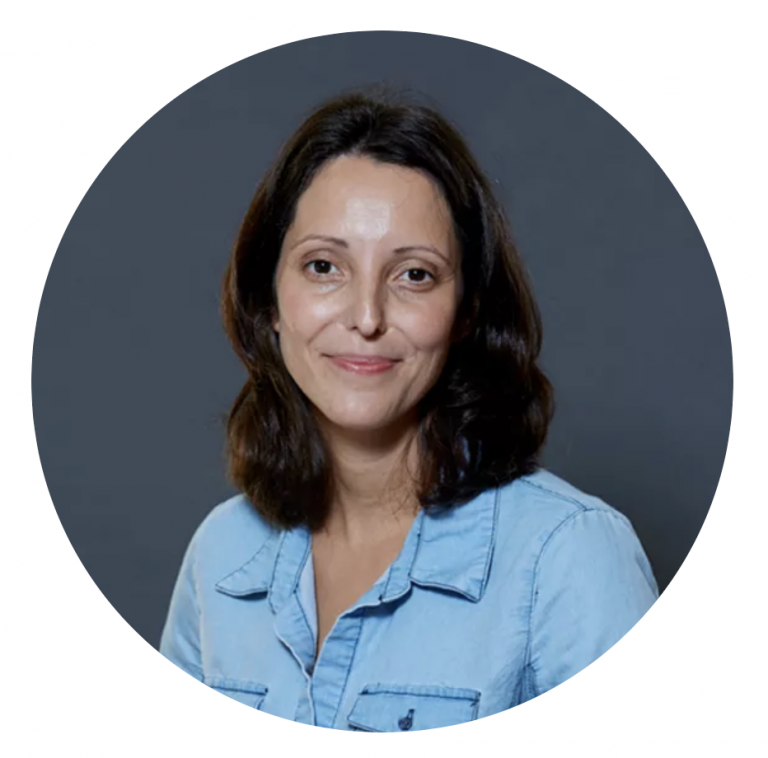
Ph.D. in Chemical Biology, 2011
“The Chemical Biology Graduate program is at the interface of Biology, Chemistry, and Biochemistry and provided rich research experience through which I acquired diverse set of research skills and I also learned to approach scientific problems from different perspectives. This diversity of skills and flexibility in thinking were crucial for my career especially at the beginning because it provided a solid base I could easily build upon and grow.
It is very important to be flexible, to take ownership of your project, and to work super hard to succeed. Graduate schooling is very short. It seems long when you are a student, but it is actually a very short opportunity, so use your time wisely. Understand and decide on your career options early and use resources and opportunities you are given to steer in a direction you want to go.
Early on I realized I really enjoy research; however, I did not want a traditional academic position. Currently, I am a postdoc at Biointerfaces Institute (McMaster). At BioInterfaces, through industrial collaborations and under the supervision of Dr. John Brennan, I am developing aptamer-based home tests (POC) for the detection of different diseases. I really enjoy the element of applied research, industrial collaborations, and teamwork.
Through the ChemBio graduate program, I received all the training I needed for this position, met the “right people”, and demonstrated my capabilities as a researcher. Having a good research reputation and publication record made it easier to come back and obtain a PDF position at BioInterfaces Institute.”
Dr. Julijana Milojevic
August 2020
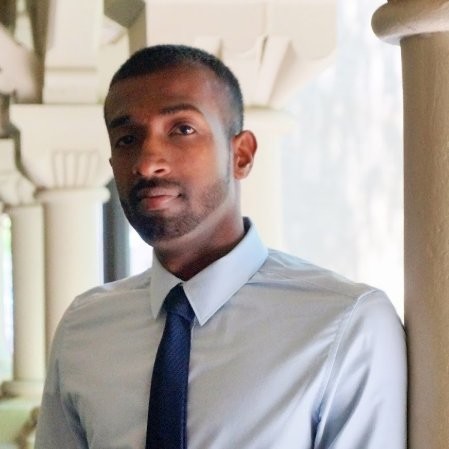
Ph.D. in Chemical Biology, 2013
“Without a Chemical Biology Graduate Degree, I would not have been able to pursue my career as an Academic Clinical Biochemist. A Chemical Biology Graduate Degree in the basic science of protein mechanics, instrumentation, biophysical analysis, and interpretation honed my analytical skills that were essential for the day-to-day applications that require my input and oversight.
The most important ‘take-home lessons’ from the Chemical Biology graduate program were:
1. Manage your time, or learn to manage your time.
2. Keep a working personal journal (outside of the lab journal) of how much time you spend allocated to research, reading relevant journal material. Also, note how you spend it. This is just a strategy to stay focused and in the game.
3. Find ways to rejuvenate yourself. Take a break. Build relationships and great collaborations.
4. Set daily, weekly, and monthly aims.
I am currently an Academic Clinical Biochemist at the University Health Network with an appointment as an Assistant Professor at the University of Toronto in the Department of Pathobiology and Laboratory Medicine.
The chemical biology graduate program laid the foundations that were essential to the career that I embarked on. Much of Chemical Biology makes use of tools and techniques from Analytical Chemistry and Instrumentation, which is the backbone of Clinical Biochemistry and what I do on a daily basis. Having worked with spectroscopy and spectrometric methods, the Chemical Biology Graduate Program provided the sound yet practical knowledge and skillset, i.e. tools of the trade, I needed.”
Dr. Rajeevan Selvaratnam
August 2020

Ph.D. in Chemical Biology, 2010
“I was the first graduate student to earn a Ph.D. degree in the Chemical Biology program in 2010. My thesis, supervised by Dr. Adam Hitchcock, was titled ‘X-ray Spectromicroscopy Study of Protein Interactions with Polymeric Materials’.
Currently, I am employed by the Government of Alberta as an Analytical Chemist and I develop analytical standards, tools, and protocols to support the implementation of environmental guidelines and frameworks that maintain Alberta’s air, water, land, and biodiversity.”
Dr. Bonnie Leung
September 2020

Ph.D. in Chemical Biology, 2019
“I’d say the ChemBio Grad Program helped my career in a lot of ways. First, my research projects were based on collaborations with companies within the healthcare and scientific industries. This meant that I was able to work on practical projects resulting in real-world solutions, giving me a taste for what life after academia would be like. Additionally, it helped me grow my social network which ultimately helped me land the career I’m in today.
While doing my PhD, I tried to take advantage of the many networking opportunities available both through the ChemBio Grad Program and through McMaster as a whole. Many students get too caught up in their studies to remember that there is life after school! So keep that in mind while completing your degree, because the connections you make will have a big impact on your career prospects. Taking the time to meet people within the industry is a great way for you to get noticed, and helps them put a face to your name when applying for your next job. Personally, I met with several different employers during my last 2 years of studies to identify what companies and careers could be a fit for me. After graduation, I ended up joining the Yordas Group whom I met at a networking event.
Fast forward to today, and I’ve been with the Yordas Group over a year now. As a Regulatory Consultant, I work with chemical manufacturers and formulators around the globe to help them enter new markets. I had very little knowledge of this industry when I joined the company, but my experience at McMaster helped me develop a strong ability to research and learn new topics, and has made a big impact on my social and presentation skills. My studies helped me achieve exciting career opportunities, and my networking helped me identify a company that provides a nice work-life balance and enjoy life outside of the office.”
Dr. Michael Wolfe
September 2020
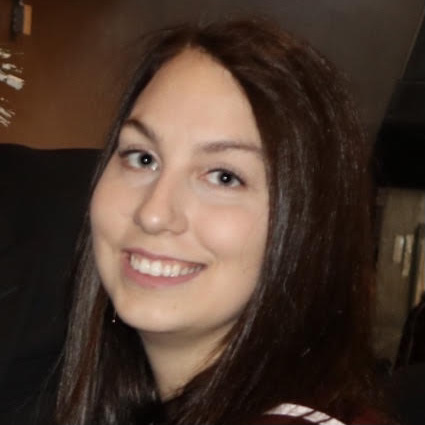
Ph.D. in Chemical Biology, 2019
“The Chemical Biology graduate program at McMaster University prepared me for my career in many ways. I was able to conduct research in a specialized field with access to all the knowledge and facilities to help me advance the field with my thesis. The program is also inherently collaborative and encourages collaborations internally and externally. This allowed me to work on a multitude of projects and learn from a large group of scientists with a wide range of expertise. It also gave me experience working as a part of multiple teams, managing time and resources, as well as providing updates for all involved parties. Learning to work with various groups and present to a variety of audiences was instrumental in allowing me to get to where I am today.
I think the most important take-home lesson from this program was to understand the full impact of the research we conduct. It is important to keep the big picture in mind and understand how your research fits in the field and the potential benefits it will create. Even seemingly small advancements or finding a new area of discovery can be instrumental in advancing the field; you don’t always need to have a Nobel prize-winning breakthrough for your thesis to have a purpose.
The Chemical Biology graduate program allowed me to learn about the field of radiochemistry and radiopharmaceuticals, interact with experts in the field by presenting work at various conferences and provided the equipment and training necessary to take a synthesized compound from the bench through advanced preclinical evaluations. These skills were directly translatable to my current position at Fusion Pharmaceuticals as an Operations Scientist II. Fusion is a Hamilton-based radiopharmaceutical company that develops targeted alpha therapeutics to treat cancer, and I work on project management for various preclinical programs as well as tracking the manufacturing and supply of the drug product. ”
Dr. Samantha Slikboer
September 2020
